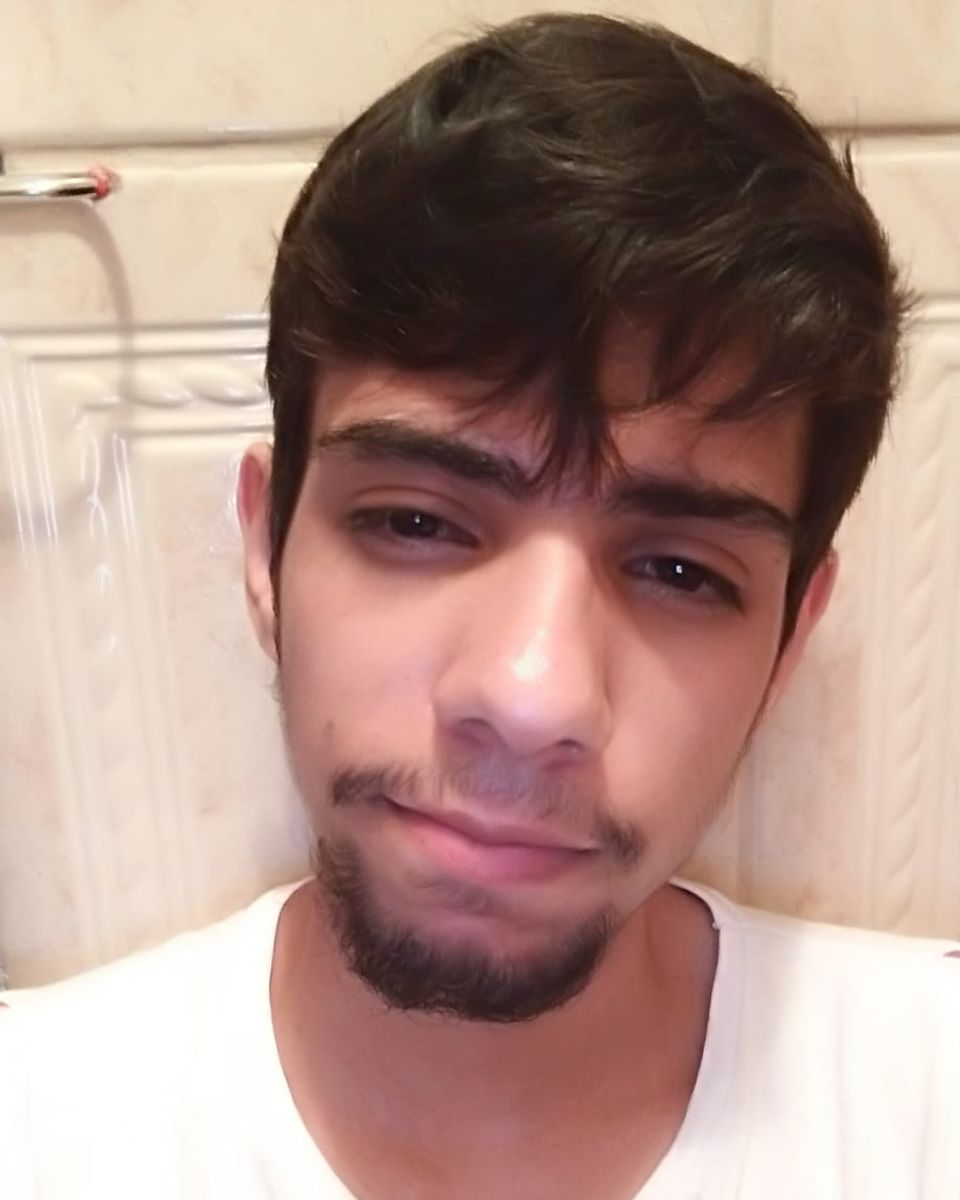

Groups can be homogeneous or heterogeneous (eg only lesbian couples, or couples with mixed sexual identities etc), international, one-country-only, single-language or multiple-language.This is not to say the therapist is trying to create a problem-free group – conflict in groups can be where the therapy-work is achieved – but the therapist is ethically-bound not to deliberately place couples in therapeutic jeopardy. For a new group, the group therapist will consider all new couples wishing to join the group, in order to pay attention for any unmanageable conflicts that the group may create.For an existing group, the group therapist will consider the new couple and how the group may respond to the new couple, before discussing with the group about a new couple joining.Joining a group will require an initial meeting with the group therapist.a number of sessions) or open-ended (the group continues with no end). This is decided by the group and the therapist together. the group does not allow new members to join once it has begun) or open (the group allows new members to join).


 0 kommentar(er)
0 kommentar(er)
